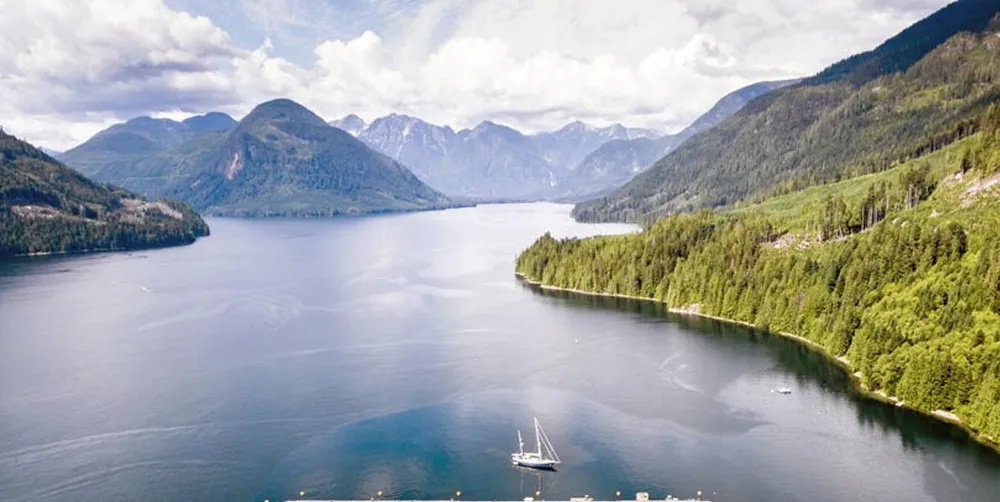Salmon farms operated by Mowi, Cermaq, Grieg Seafood ordered to phase out of key BC region
Companies will be allowed to grow out existing biomass, but must vacate farms in the area by mid-2022 after the Canadian government consulted with First Nations groups.
